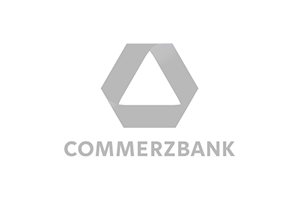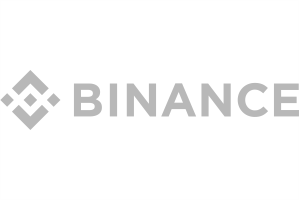The specified act regulates the status of virtual assets, the regime of their regulation, the powers of the relevant regulators responsible for the industry, and many related issues. The act was expected to take effect after implementing new provisions in the tax legislation regarding regulating tax payments on cryptocurrency in Ukraine. In particular, it was planned to create a tax regime for crypto-assets, within which transactions are not subject to VAT, and a reduced income tax rate is applied.
Background and essence of the legal regime for cryptocurrency
The focus on regulating the circulation of cryptocurrencies and granting them legal status was made because more than 1 million Ukrainians have gained experience with these assets. Ukrainian lawmakers planned to enable non-residents and Ukrainian legal entities and individuals to legally circulate virtual assets, register accounts with banks, pay taxes, and provide services related to cryptocurrencies. Ultimately, this approach ensured an influx of investment into the country and the industry, guaranteeing maximum transparency. As a result, the parliament passed the law on cryptocurrency in Ukraine.
In understanding this act, a virtual asset is a good of intangible nature, which has a specific value and is fixed in the form of a particular set of electronic data. Such an asset in the understanding of the act is an object of civil rights, including the right to certify any other property rights (up to the right of claim). The Profile Act distinguishes several types of such assets:
- secured – confirms rights of a property nature, including the right of claim to all kinds of objects of civil rights;
- unsecured – does not confirm property or non-property rights of any kind;
- financial – backed by certain currencies or shares, bonds, and other securities issued.
It is determined that the National Commission on Securities and Stock Market (National Commission) and the National Bank of Ukraine (National Bank) will be the profile regulators in the jurisdiction after the Law “On Virtual Assets” of Ukraine. The National Commission is responsible for issuing a cryptocurrency exchange license in Ukraine. The Commission will also monitor and accompany, in some instances, the activities of market participants who have received cryptocurrency licenses in Ukraine to periodically check the results of their work and apply measures in case of non-compliance with the norms of the relevant legislation. The National Commission is also responsible for maintaining a register of market participants who have registered cryptocurrency exchange licenses in Ukraine. The National Bank, in turn, will monitor the circulation of the assets in question, provide permitted currency values of the cryptocurrency market, as well as will outline the procedure for exchange transactions. The National Bank also defines requirements for cybersecurity and applies sanctions in some cases for violations of relevant legislation.
Obtaining licenses is required in the case of such activities:
- storage or administration;
- exchange transactions;
- transfer operations;
- intermediary services.
The Law on Cryptocurrency in Ukraine was formed and adopted based on generally recognized standards and practices, including combating money laundering and providing legal protection for players in the industry.
The current state of cryptolicense regulation in Ukraine
Before the Law on Cryptolicense in Ukraine, the circulation of crypto in Ukraine will be regulated based on the provisions of the current general legislation. At the same time, regulators warn about the risks associated with operations with virtual assets. Aotopay lawyers are ready to help you clarify nuances of crypto assets turnover regulation in Ukraine now.








